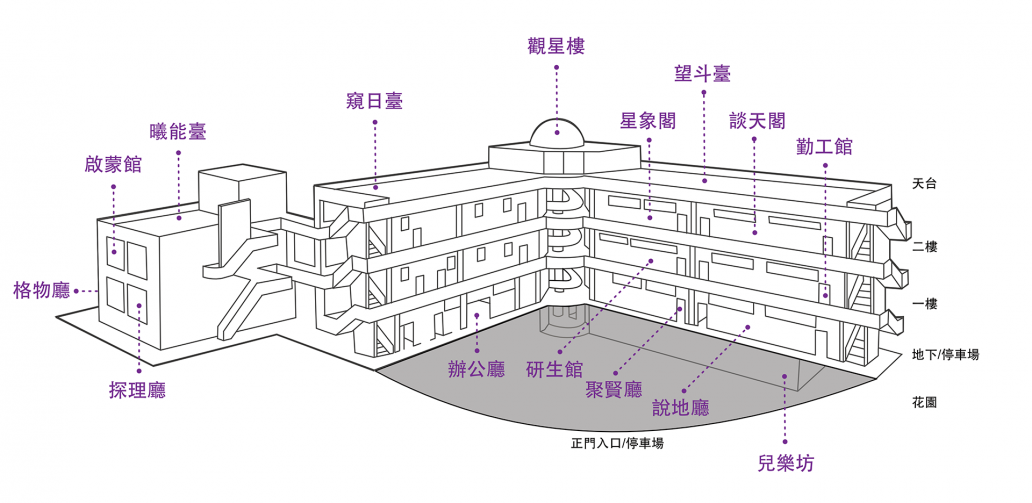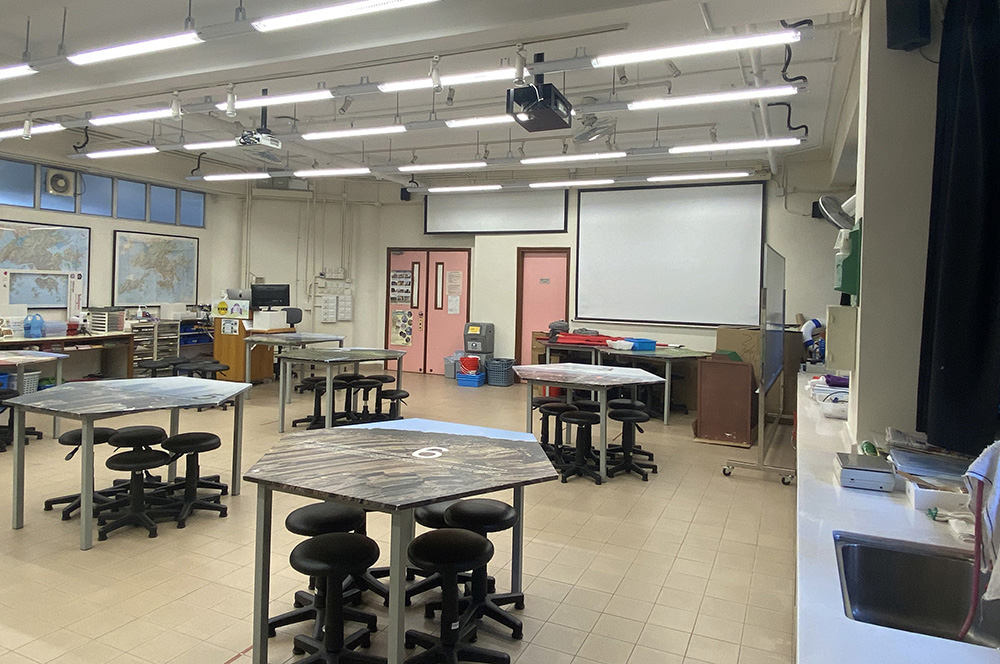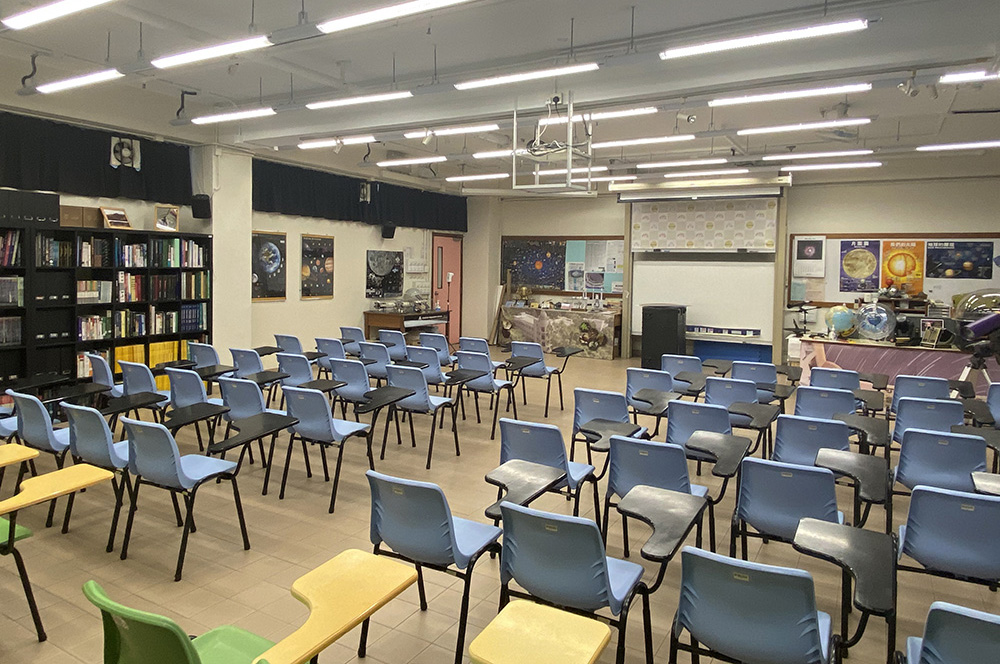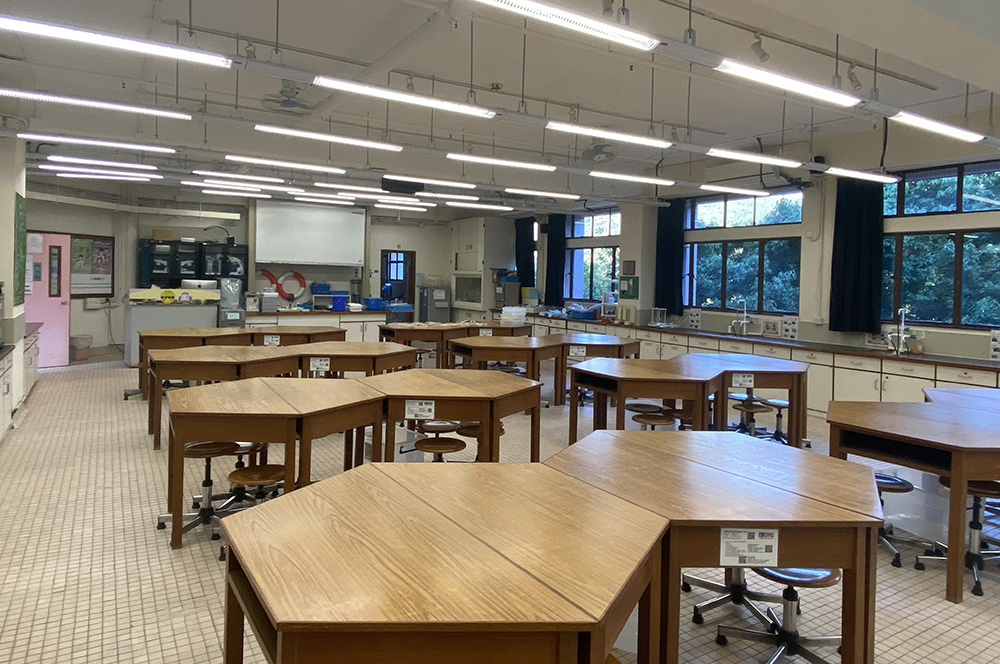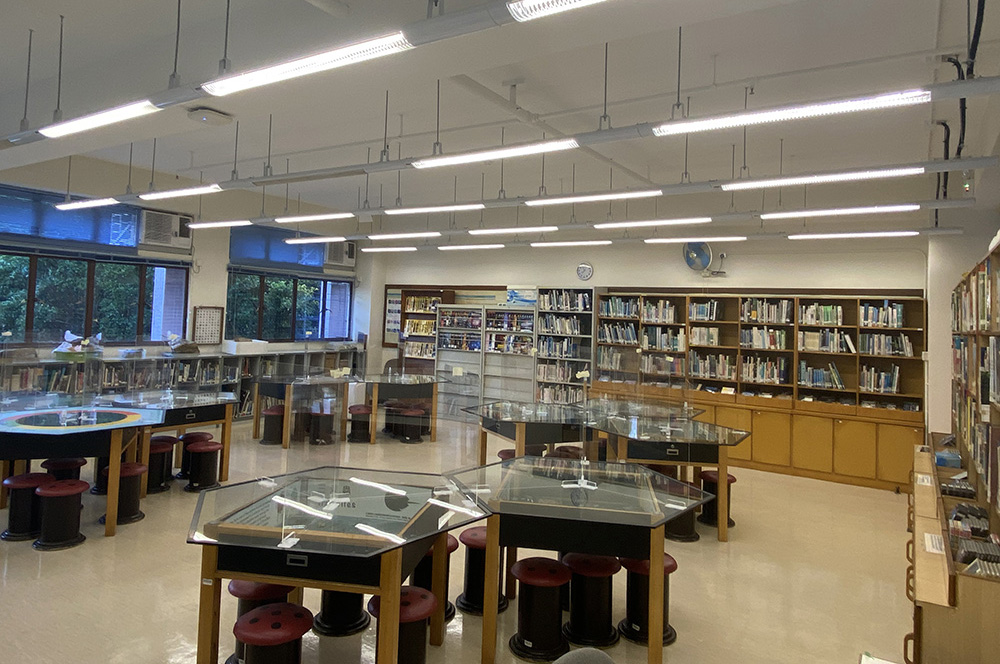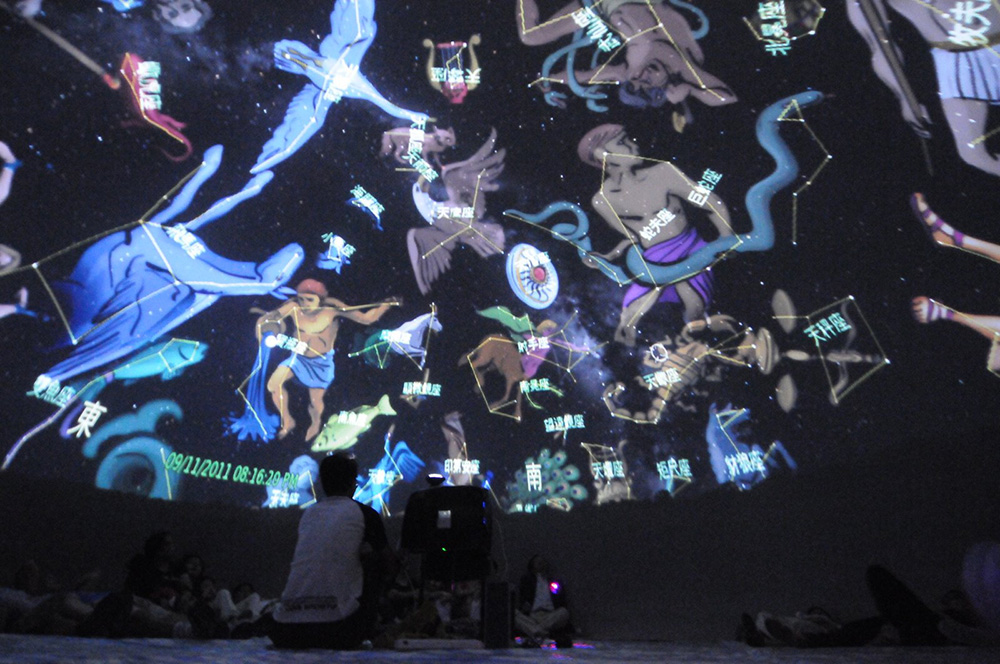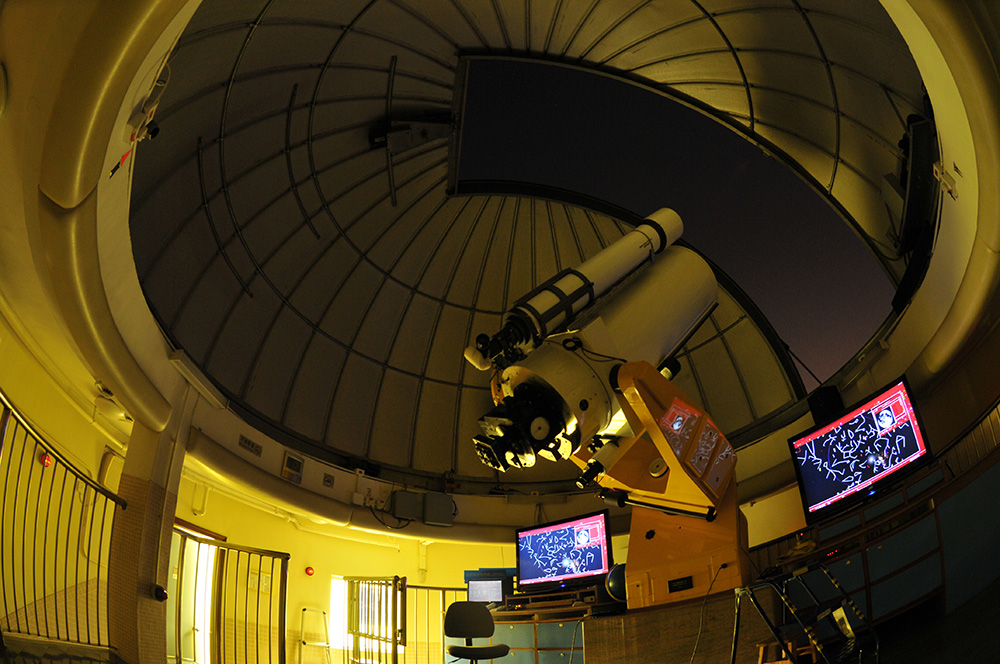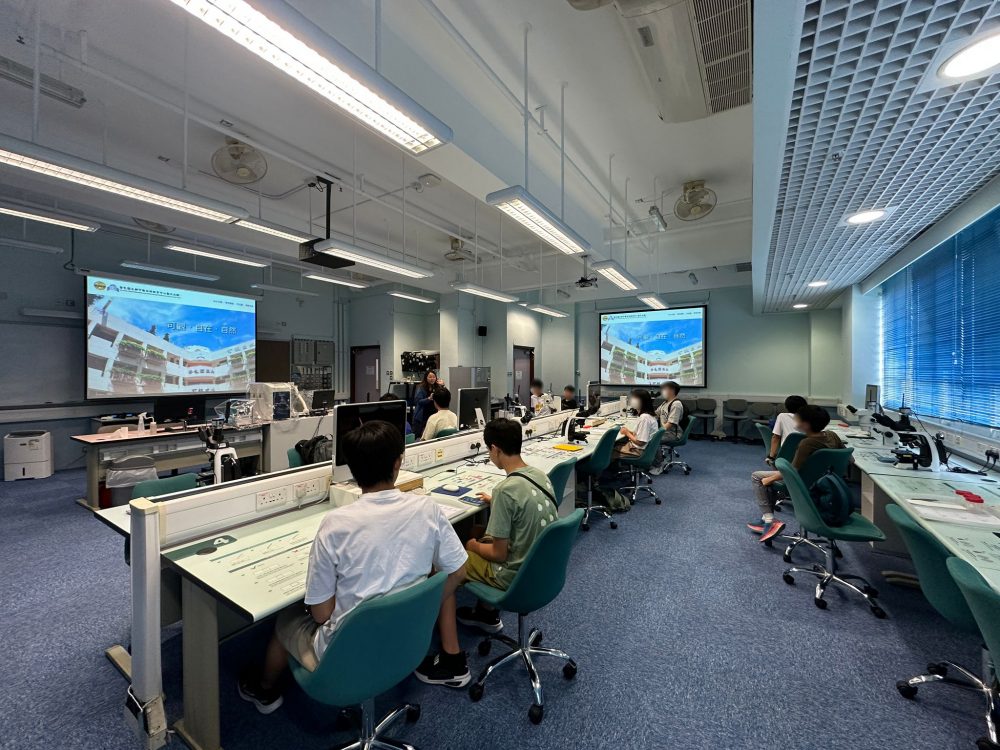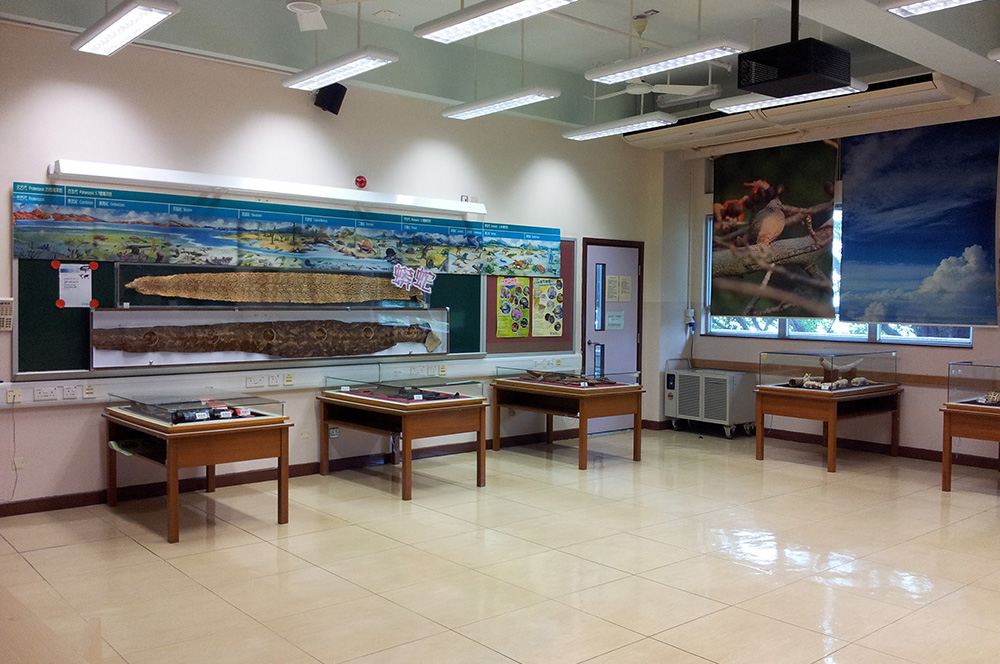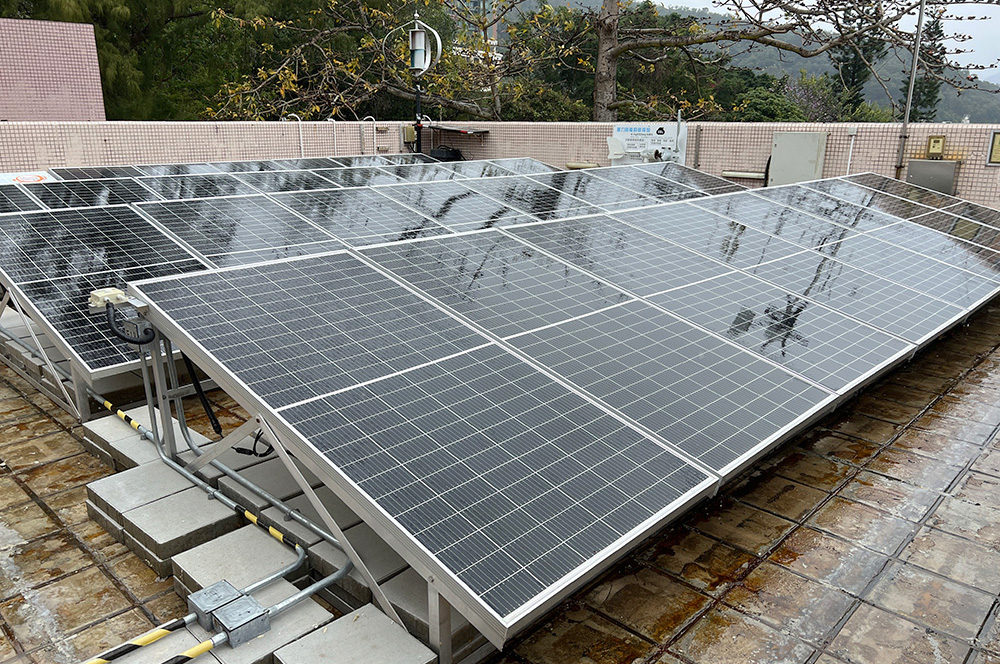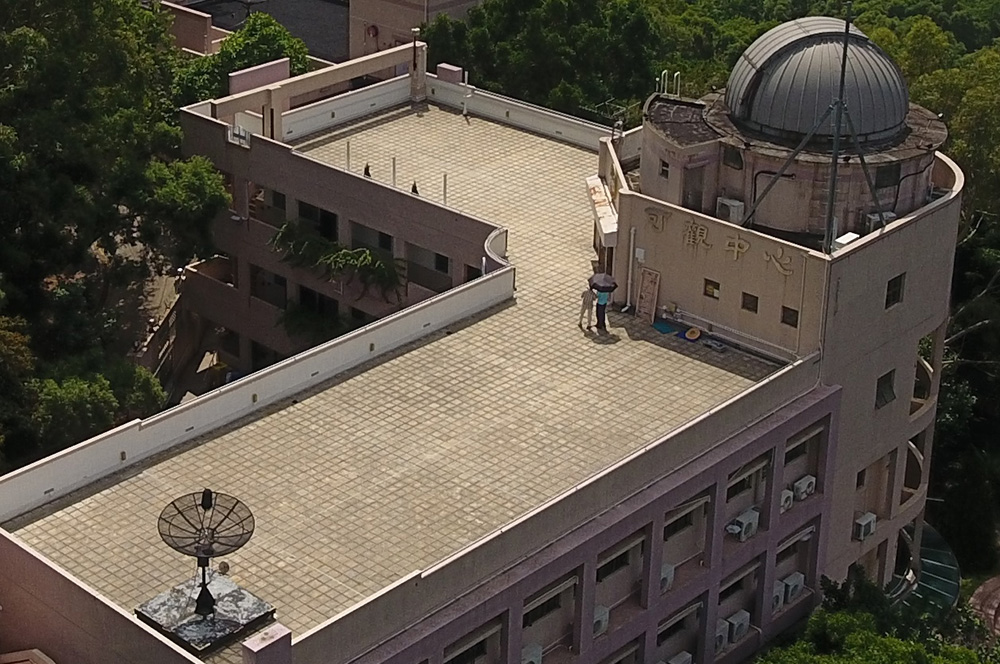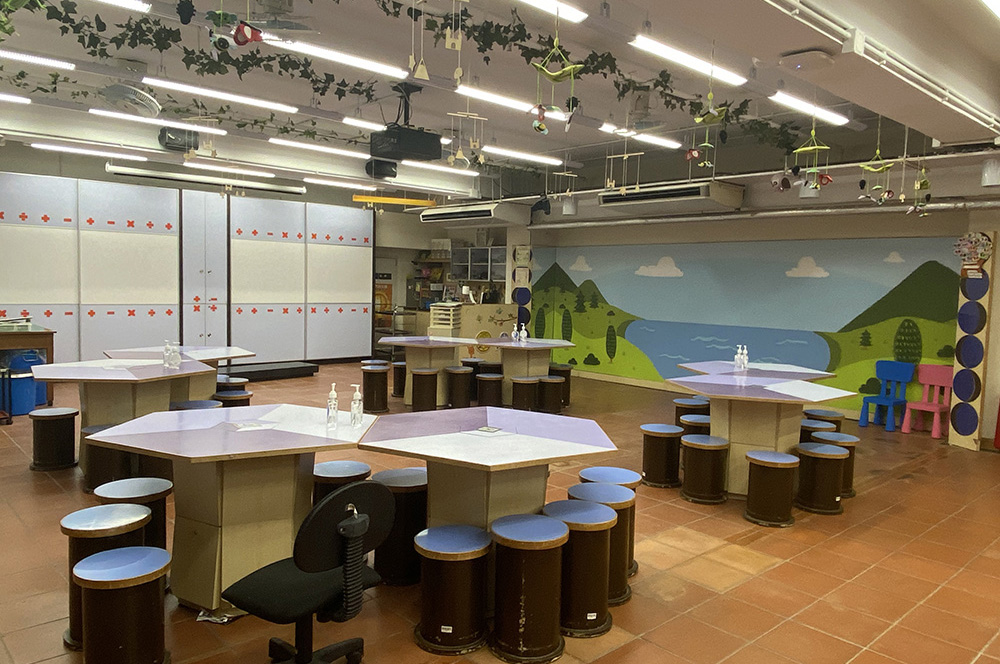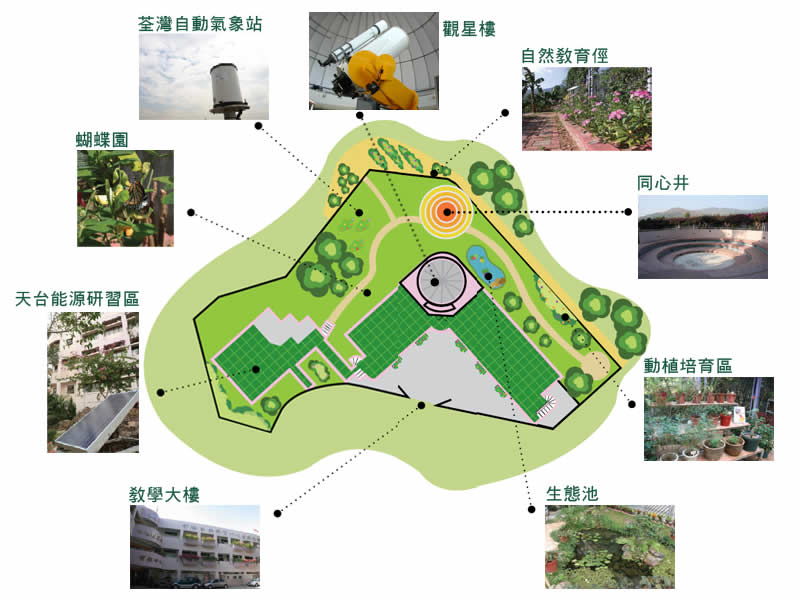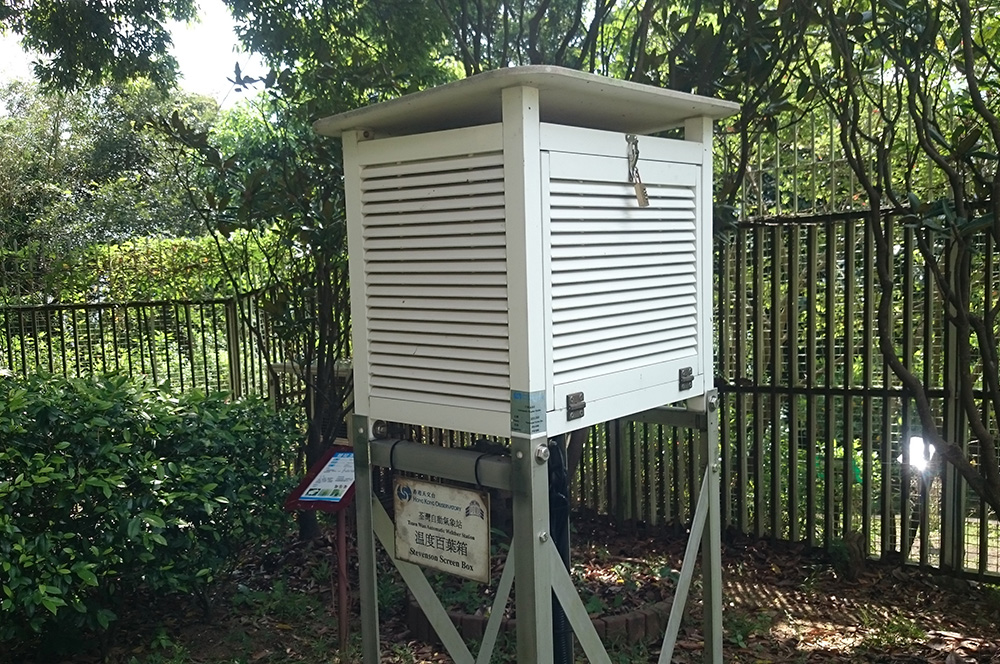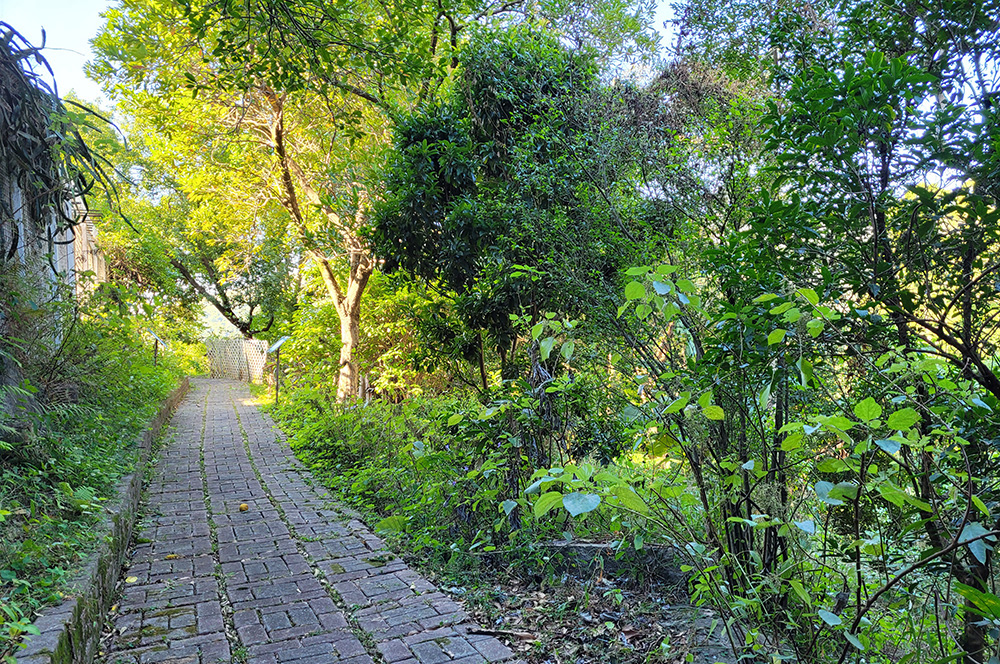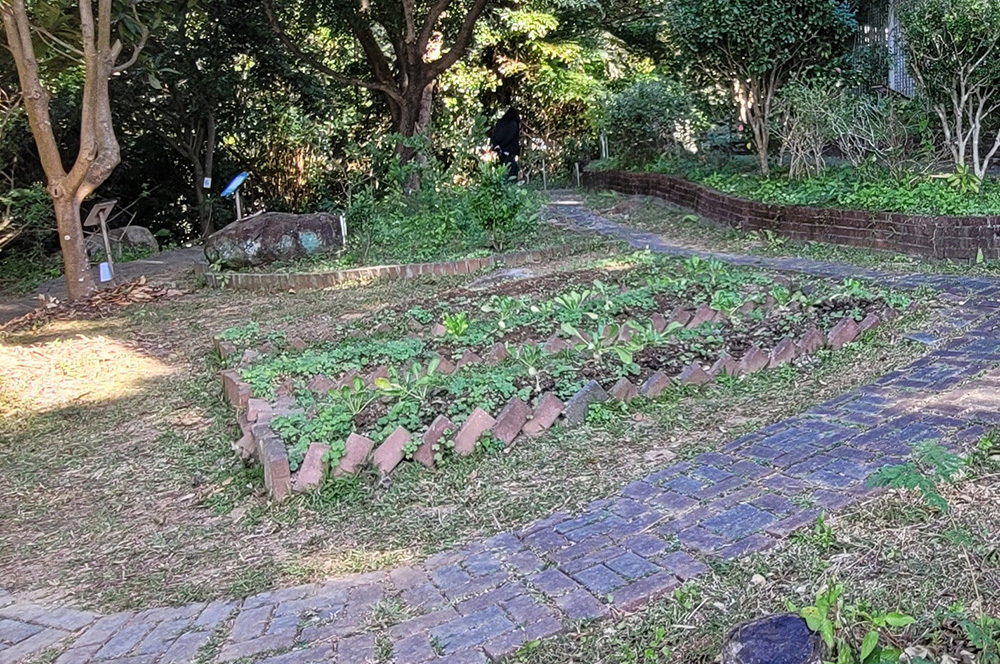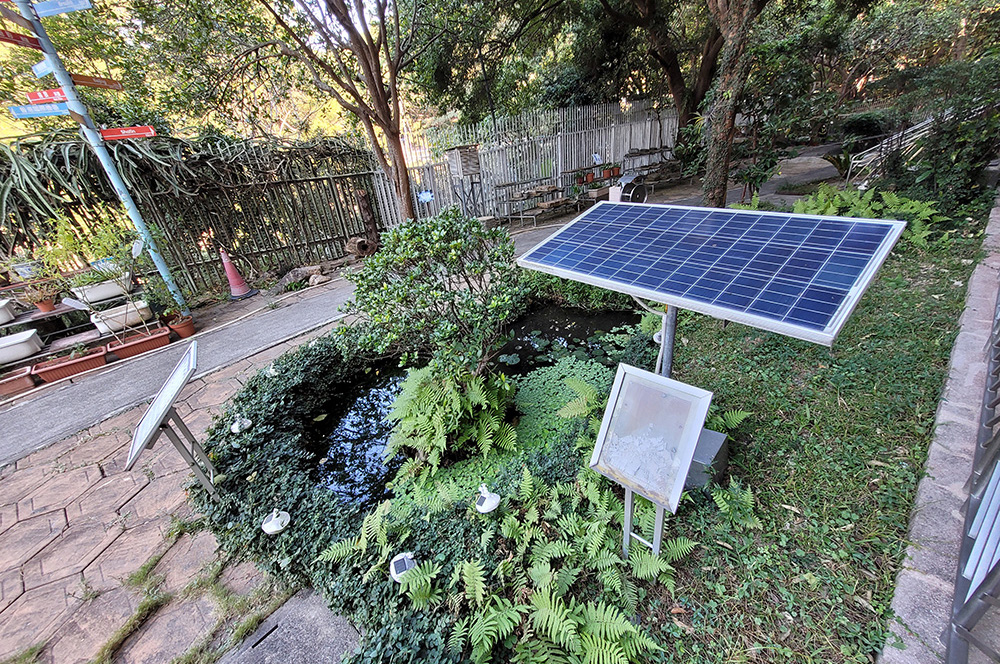Laboratory(研生館) & Multipurpose Room (談天閣)
The laboratory is equipped with advanced electronic analytical instruments to allow students to analyze the collected samples instantly and accurately. A series of materials related to biology in Hong Kong is also made available so that students can better understand the natural ecology of Hong Kong.
Observatory Dome (觀星樓)
The tower is composed of a dome 6 meters in diameter and an in-built 0.5 meter reflecting telescope. With the sensitivity 5,000 times stronger than that of the human eyes, the reflecting telescope can observe stars as dim as magnitude of 15.5 and galaxies that are millions of light-years away from the Milky Way.
Astronomical images captured by the CCD camera are stored on the computer and post on the centre’s website for scientific research or relevant parties. It can also be projected on a big screen directly for teaching purposes.
Microscopic Imaging Technology Learning Centre (啟蒙館)
The original computer room is reorganised with electron microscopes and multiple advanced microscopes that can be connected to tablets, so that students can observe different types of biological samples and conduct further analysis on the data and statistics obtained.
Exhibition Hall(格物廳)
A variety of endangered animals, fossils, and mineral specimens are systematically displayed in the hall. Some of the specimens on display were provided by our School Supervisor, School Managers or external parties and groups, while others were collected by students during their field studies. More than a dozen of fossil specimens from China are rare treasures.
Nature Trail (自然教育徑)
The trail was built at our garden where you can discover some local species such as bamboo and banyan. In order to increase the varieties of plants and to be more educational, we use organic methods to grow different plants and attract different types of animals to visit our garden and even settle here as their home.
Organic Garden (有機種植園)
The organic garden uses organic farming methods to grow crops and a variety of medicinal plants. There are also many flowerpots on the shelves at the organic garden for planting different types of plants, such as succulents, ornamental plants, edible plants, etc. Students are able to learn and apply the knowledge of plants to their lives.


